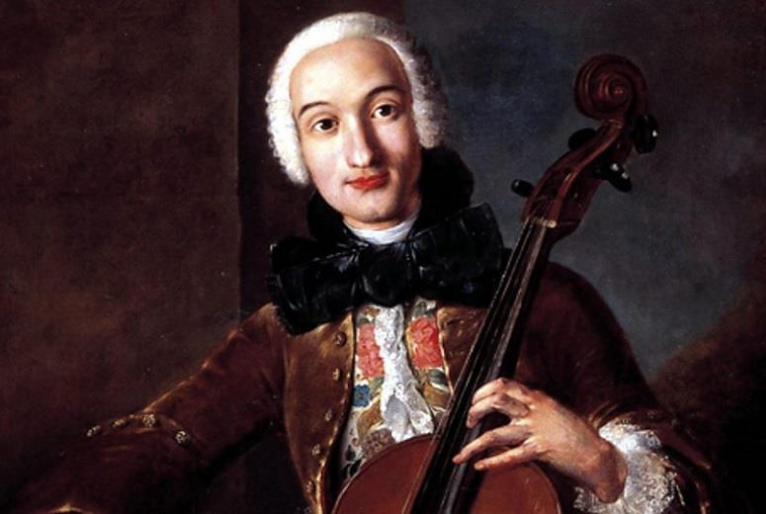Luigi Boccherini, an Italian composer and cellist of the Classical era, left an indelible mark on the musical landscape of his time with his innovative compositions and virtuosic performances. Born on February 19, 1743, in Lucca, Italy, Boccherini displayed an early aptitude for music, learning the cello from his father, a double bass player and composer.
In his youth, Boccherini honed his skills as a cellist and composer, eventually garnering attention for his remarkable talent. He traveled extensively throughout Europe, showcasing his prowess as a performer and gaining recognition as a composer of exceptional ability.
Luigi Boccherini
Ridolfo Luigi Boccherini (February 19, 1743 – May 28, 1805) was an Italian composer and cellist of the Classical era whose music retained a courtly and galante style even while he matured somewhat apart from the major European musical centers. He is best known for a minuet from his String Quintet in E, Op. 11, No. 5 (G 275), and the Cello Concerto in B flat major (G 482). The latter work was long known in the heavily altered version by German cellist and prolific arranger Friedrich Grützmacher, but has recently been restored to its original version.
Boccherini also composed several guitar quintets, including the "Fandango", which was influenced by Spanish music. His biographer Elisabeth Le Guin noted among Boccherini's musical qualities "an astonishing repetitiveness, an affection for extended passages with fascinating textures but virtually no melodic line, an obsession with soft dynamics, a unique ear for sonority, and an unusually rich palette of introverted and mournful affects." Many of his other biographers and admirers see his music quite differently and in a much more appreciated light.
Concerto for Cello and Orchestra In B flat Major
I. Allegro moderato
II. Agagio non troppo
III. Rondo (Allegro)
For more:
http://www.melhoresmusicasclassicas.blogspot.com

